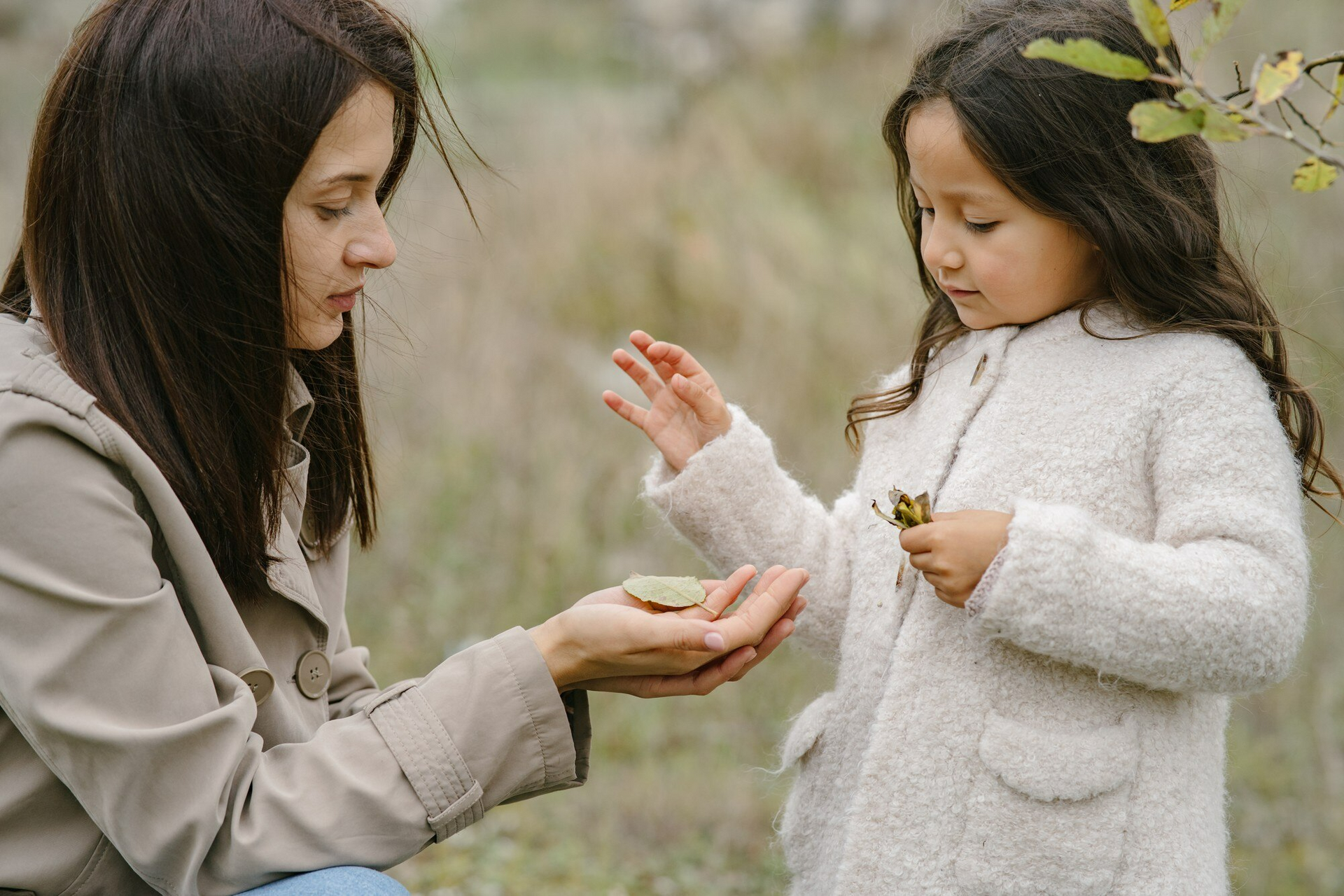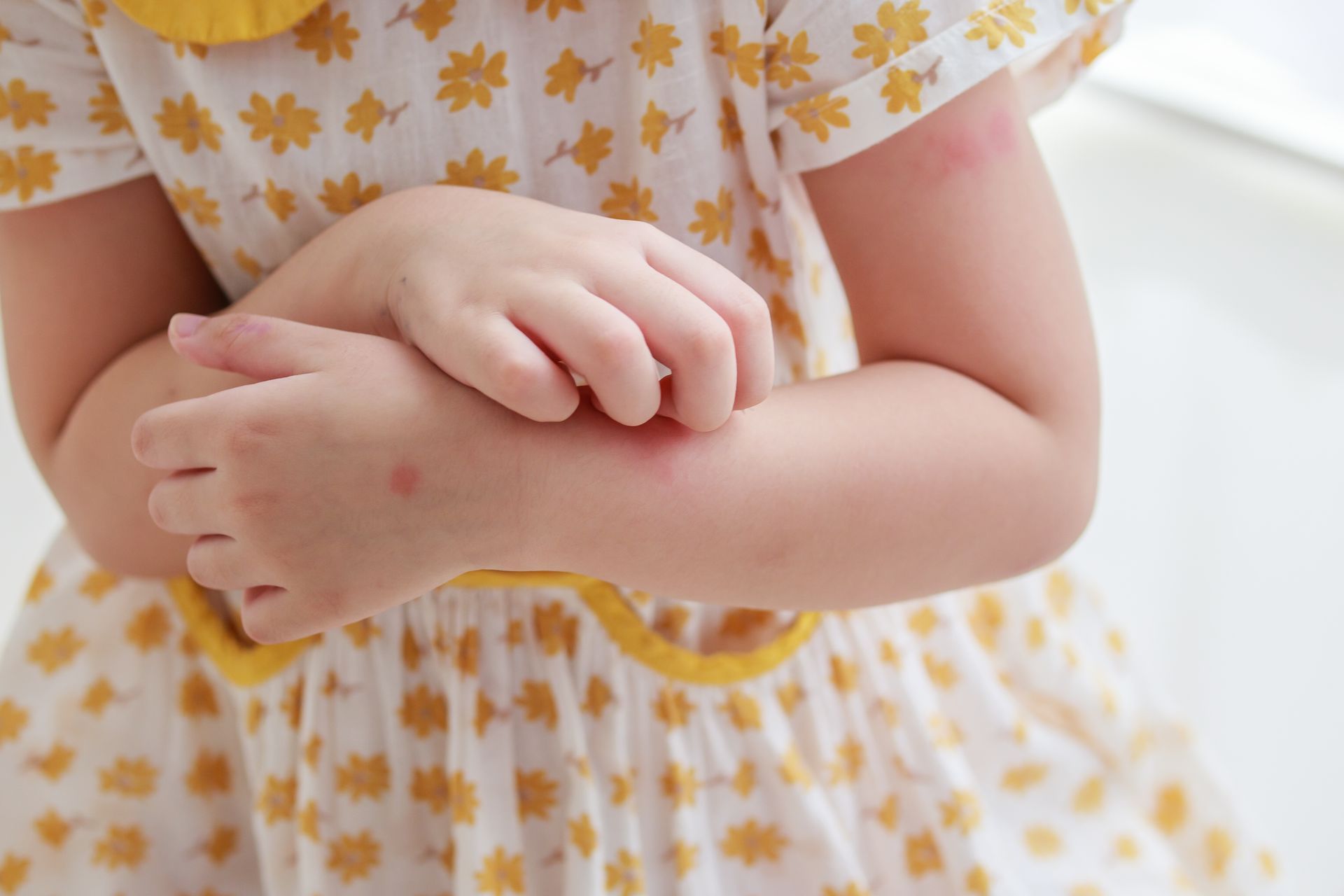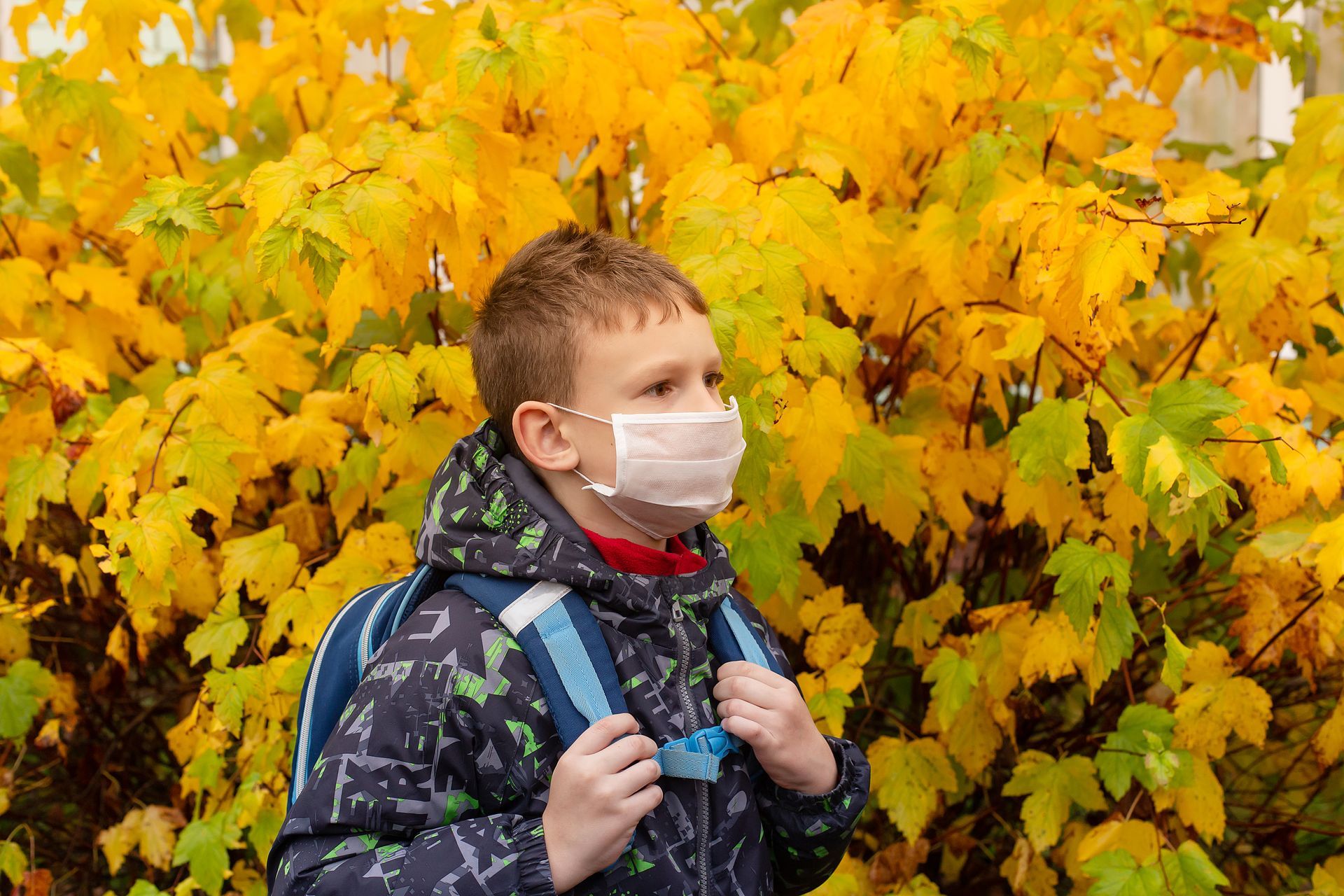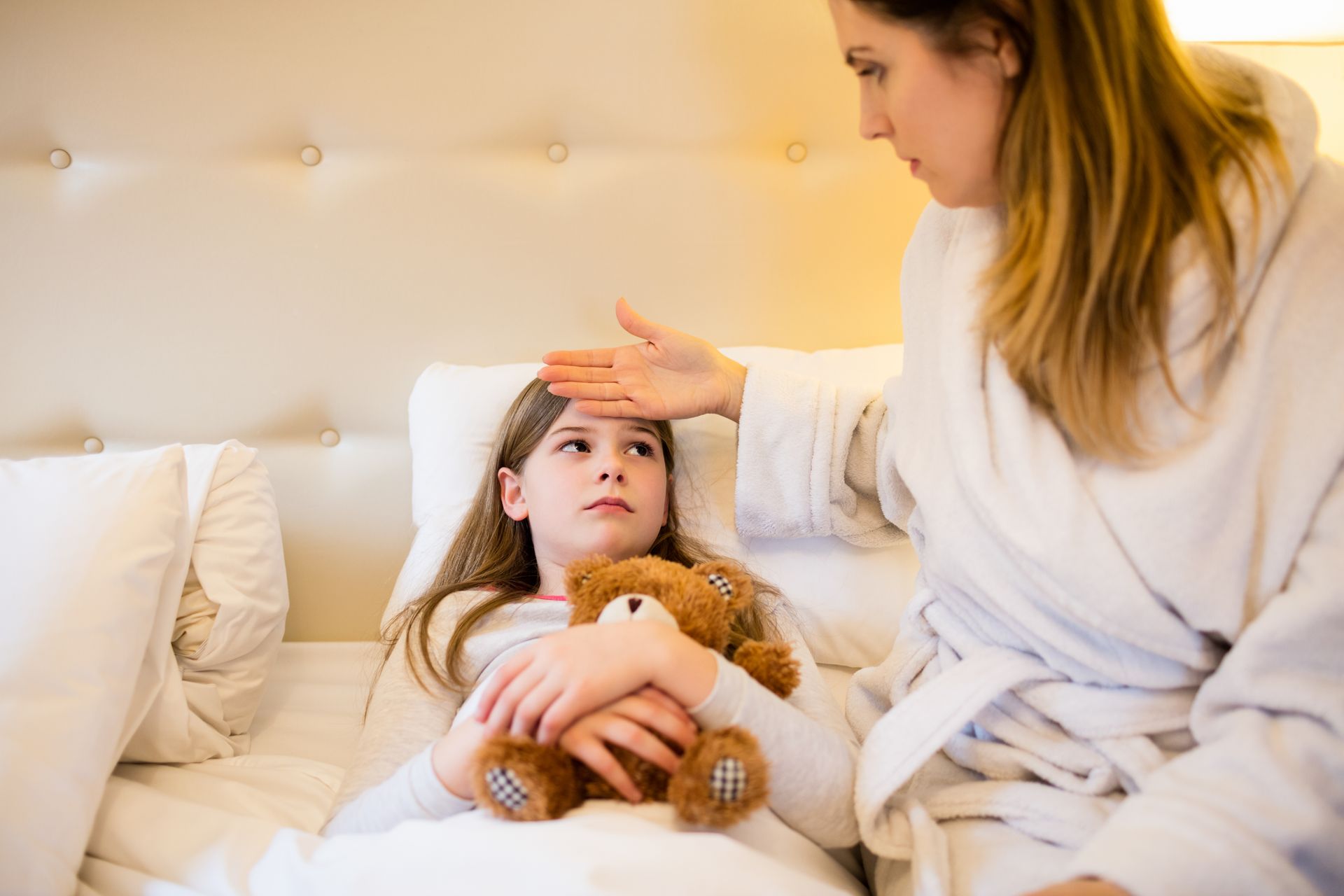ADHD in Children: Early Signs and Effective Parenting Strategies

In a world brimming with energy and curiosity, parenting children with Attention-Deficit/Hyperactivity Disorder (ADHD) can be both challenging and rewarding. As parents, we always want to provide the best guidance for our children, especially about a condition they don’t understand yet. When faced with the challenges of ADHD, the key to effective parenting lies in understanding the early signs, the available strategies, and the natural remedies that make a significant difference in your child’s life.
Understanding Children’s ADHD
Before delving into practical strategies, we must understand what ADHD is and how it works. ADHD is a neurodevelopmental disorder that affects millions of children worldwide. It often becomes evident during early childhood and may persist into adulthood. Typical signs of ADHD include inattention, hyperactivity, and impulsivity.
Approximately 5.3% of children and 2.8% of adults are affected by ADHD. It is typically observed in school-aged kids due to classroom disruptions or struggles with school tasks. ADHD is more
frequently diagnosed in boys than girls, mainly due to differences in the way symptoms manifest. However, this doesn’t mean boys are more prone to having ADHD. Boys often show hyperactivity and other outward signs, while girls exhibit inattentiveness.
Read More:
Understanding Childhood ADHD: Symptoms, Diagnosis, and Treatment
Early Signs of ADHD
A. Inattention
Children with ADHD frequently struggle to focus, follow instructions, and organize tasks. They might need to pay extra attention to different situations and can sometimes misplace important things like homework or toys. They may also be prone to making small, unintentional errors.
B. Hyperactivity
Hyperactive kids seem like they’re constantly moving about. They may fidget, tap, or squirm when required to sit still, such as during meals or schoolwork. They also tend to interrupt others and have difficulty waiting their turn.
C. Impulsivity
Impulsive behavior is another hallmark of ADHD. Children with ADHD may act without thinking about the consequences, blurting out inappropriate comments, and have trouble maintaining patience or self-control.
While many children may exhibit these behaviors occasionally, the critical distinction in ADHD lies in the frequency, duration, and severity of these symptoms. To determine whether your child has ADHD, a professional evaluation by a pediatrician is essential.
ADHD Strategies: How to Help Kids with ADHD
Addressing ADHD, especially in children, requires a multifaceted approach. Here are some tips to effectively manage children with ADHD:
- Seek Professional Guidance
Your first step should be to consult a qualified pediatrician or child psychiatrist. You can quickly find reputable experts online if you search “Fresno children’s pediatrics” or “Fresno pediatrician.” They can accurately diagnose ADHD and help you develop a customized treatment plan.
2. Educate Yourself
Understanding ADHD is half the battle. Learn about the disorder, including its challenges, and available treatments. Knowledge empowers you to effectively advocate for your child.
3. Establish Structured Routine
Children with ADHD benefit from structured routines. Establish consistent daily schedules for meals, homework, and bedtime. Visual schedules and reminders are also beneficial.
4. Communicate Effectively
Open and honest communication is essential. Speak with your child about their condition in an age-appropriate manner. Encourage them to express their feelings and concerns.
5. Undergo Behavioral Interventions
Consider behavior therapy to teach your child new skills and strategies for managing their symptoms. Positive reinforcement and consequences help shape their behavior.
6. Consider Medication
Your pediatrician may recommend medication in some cases. These can effectively manage symptoms when used in conjunction with behavioral interventions.
7. Show Patience and Empathy
Understand that your child is not deliberately trying to be complicated. Exercise patience and empathy in your interactions.
8. Join Support Groups
Connect with local support groups or online communities. Sharing experiences and advice with other parents can be a tremendous source of strength and validation.
9. Celebrate Achievements
Recognize and celebrate your child’s accomplishments, no matter how small. Positive reinforcement boosts their self-esteem.
10. Aim For an Individualized Approach
Each child is unique. Tailor your strategies to your child’s specific needs and strengths. This may involve consulting a pediatrician for a personalized treatment plan. You may also observe your child’s preferences and adapt activities and routines accordingly. Make sure to regularly assess progress and make necessary adjustments along the way.
ADHD Natural Remedies
While medication and therapy are often part of the treatment plan for ADHD, some natural remedies and lifestyle adjustments can complement these methods.
a. Diet
A balanced diet can significantly impact a child’s behavior. Ensure they consume various nutrient-rich foods and limit artificial additives and sugars.
b. Physical Activity
Regular exercise can help reduce hyperactivity and improve focus. Encourage your child to engage in physical activities they enjoy.
c. Adequate Sleep
Sleep problems are often observed in kids with ADHD. Ensure your child gets enough sleep. Consistent sleep patterns are beneficial for children with ADHD.
d. Mindfulness and Relaxation
Teach your child mindfulness techniques and relaxation exercises to manage stress and anxiety.
e. Limit Screen Time
Excessive screen time can exacerbate ADHD symptoms. Set reasonable limits on device use.
Empowering Parents: Nurturing the Potential of Children With ADHD
Understanding and managing ADHD in children is a journey for you as much as it is for your child. It may be full of twists and turns, but with the right steps and expert guidance, you’ll be able to foster a holistic and happy childhood for your little one. Recognize the early signs, implement effective strategies, and explore remedies, so you can make a significant difference in your child’s growth and development.
Ready to take the first step in your child’s journey with ADHD? Search for “children’s clinic in Fresno, CA” and “pediatrician near me” to connect with the experts at Sang Pediatrics. We understand the unique challenges and strategies for managing ADHD in children, and we’re here to guide you toward a brighter and healthier future for your little one. Contact us at (559) 268-1737 or click the “Schedule an Appointment” button to speak with us today.










